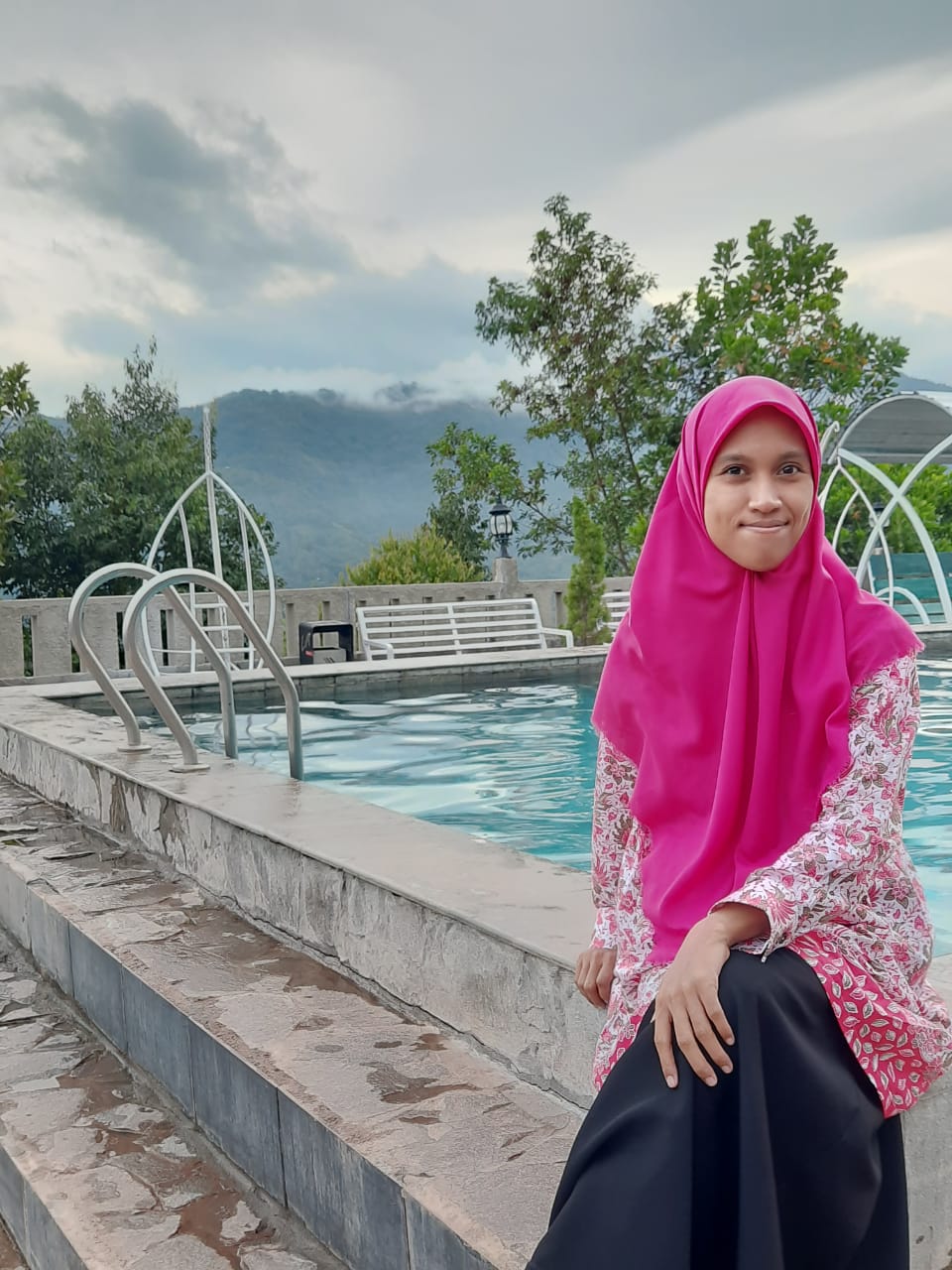Exploring English Learning on Non-Formal Education as an Effort to Enhance Students Speaking Ability
DOI:
https://doi.org/10.46870/lets.v5i1.677Keywords:
Non-Formal Education, English speaking, Learning supplementaryAbstract
Non formal education can improve learners’ capacity in any skill. This study is aimed to reveal the implementation of English learning in MOEC Majene as a non-formal education unit and how students’ perception toward its learning were. This study used quantitative method with descriptive data. The participants of this study were students of English Education from Unsulbar University and STAIN Majene who were selected using a purposive sampling technique in which they are students in MOEC Majene who wish to develop their English capacity even though they are English education students in university. The research data was obtained by using observation, interviews, and questionnaires. The results of this study indicated that English education students from Unsulbar University and STAIN Majene had low speaking ability before enrolling in the MOEC Majene. The findings showed that MOEC Majene gave powerfull impact on speaking skills of English education students in Unsulbar University and STAIN Majene. The researchers also discovered that learning environment at MOEC Majene could assist students in improving their communication skills. Students’ responses draw the description of how MOEC Majene has impressed learners there.
References
Anam, M. (2020). The Effectiveness of Peer Tutoring in Teaching Speaking. TELL-US Journal, 6(2). https://doi.org/10.22202/tus.2020.v6i2.4388
Ardiani, R. (2016). Students’ Perception on The Influence Of Kampung Inggris Pare Course Toward Their Speaking Skills (Doctoral dissertation, Thesis English Education Department. Faculty Of Language Education. Universitas Muhammadiyah Yogyakarta).
Arikunto, S. 2010. Prosedur Penelitian Suatu Pendekatan Praktik. Jakarta: Rineka Cipta.
Azab, A. H. E. M. (2023). The Effectiveness of Using Pop Songs for Developing University Students’ Speaking Skills.23(255). https://doi.org/10.21608/mrk.2023.281222
Brown, H. D. (2004). Language assessment: Principles and classroom practices. Pearson Education
Bungin, B. (2015). Metodologi Penelitian Kuantitatif: Komunikasi, Ekonomi, dan Kebijakan Publik Serta Ilmu-ilmu Sosial lainnya. Jakarta: Kencana Prenada
Burchett, N. (2014). Book Review: Qualitative Inquiry and Research Design: Choosing among Five Approaches. British Journal of Occupational Therapy, 77(8). https://doi.org/10.1177/030802261407700807
Endahati, N. (2020). IMPROVING SPEAKING ABILITY ON PUBLIC SPEAKING CLASS BY USING ROLE-PLAYING TECHNIQUE OF ENGLISH EDUCATION DEPARTMENT STUDENTS. ELTICS : Journal of English Language Teaching and English Linguistics, 1(1). https://doi.org/10.31316/eltics.v1i1.384
Fatima, D. V. (2014). A Study on English Club As An Extracurricular Program at SMPN 1 Malang.
Hamidi, H., Azizi, D. B., & Kazemian, M. (2022). The Effect of Direct Oral Corrective Feedback on Motivation to Speak and Speaking Accuracy of EFL Learners. Education and Self Development, 17(3). https://doi.org/10.26907/esd.17.3.05
Inayah, N., Komariah, E., Nasir, A., & Kuala, U. S. (2019). The Practice of Authentic Assessment in an EFL Speaking Classroom. NgAJAR YUK, 6(1), 153–163.
Khoram, A., Bazvand, A. D., & Sarhad, J. S. (2020). Error feedback in second language speaking: Investigating the impact of modalities of error feedback on intermediate EFL students’ speaking ability. Eurasian Journal of Applied Linguistics, 6(1). https://doi.org/10.32601/ejal.710205
Lewis, M. 2002. Giving Feedback in Language Classes. The University of Auckland: SEAMO Regional Language Centre.
Mohebi, L., & Bailey, F. (2020). Exploring Bem’s self-perception theory in an educational context. Encyclopaideia, 24(58). https://doi.org/10.6092/issn.1825-8670/9891
Mortaji, L. El. (2022). Public Speaking and Online Peer Feedback in a Blended Learning EFL Course Environment: Students’ Perceptions. English Language Teaching, 15(2). https://doi.org/10.5539/elt.v15n2p31
Nurcholilah, S. A. (2018). The Implementation of English Day Program on Students ’speaking Improvement (A Case Study Research at The Second Ye ar of Islamic Senior High School Darul Iman, Pandeglang-Banten) (Doctoral dissertation, Universitas Islam Negeri" Sultan Maulana Hasanuddin" Banten).
Robbins, S. P., Judge, T. A., & Campbell, T. (2010). Organizational Behavior. New York: Harlow.
Sari, H. I., & Anwar, C. (2021). English foreign language teaching anxiety of Indonesian pre-service teachers of undergraduate internship program. EduLite: Journal of English Education, Literature and Culture, 6(2). https://doi.org/10.30659/e.6.2.222-237
Sugiyono. (2017). Metode Penelitian Kuantitatif, Kualitatif, dan R&D. Bandung Alfabeta, CV
Syafryadin, S., & Wardhana, D. E. C. (2021). Multimodal Feedback on speaking: Effectiveness and Students’ Perspective. Eralingua: Jurnal Pendidikan Bahasa Asing Dan Sastra, 5(2). https://doi.org/10.26858/eralingua.v5i2.18193
Wijaya, K. F. (2022). The Positive Effects of Problem-Based Learning Activities Toward Indonesian EFL Learners’ Productive Language Skills. JET (Journal of English Teaching), 8(2). https://doi.org/10.33541/jet.v8i2.3409
Downloads
Published
Issue
Section
License
Copyright (c) 2023 Muhammad Danial, Nila Sari, Nurhaeni, Fajriani, Farhanuddin

This work is licensed under a Creative Commons Attribution-ShareAlike 4.0 International License.











